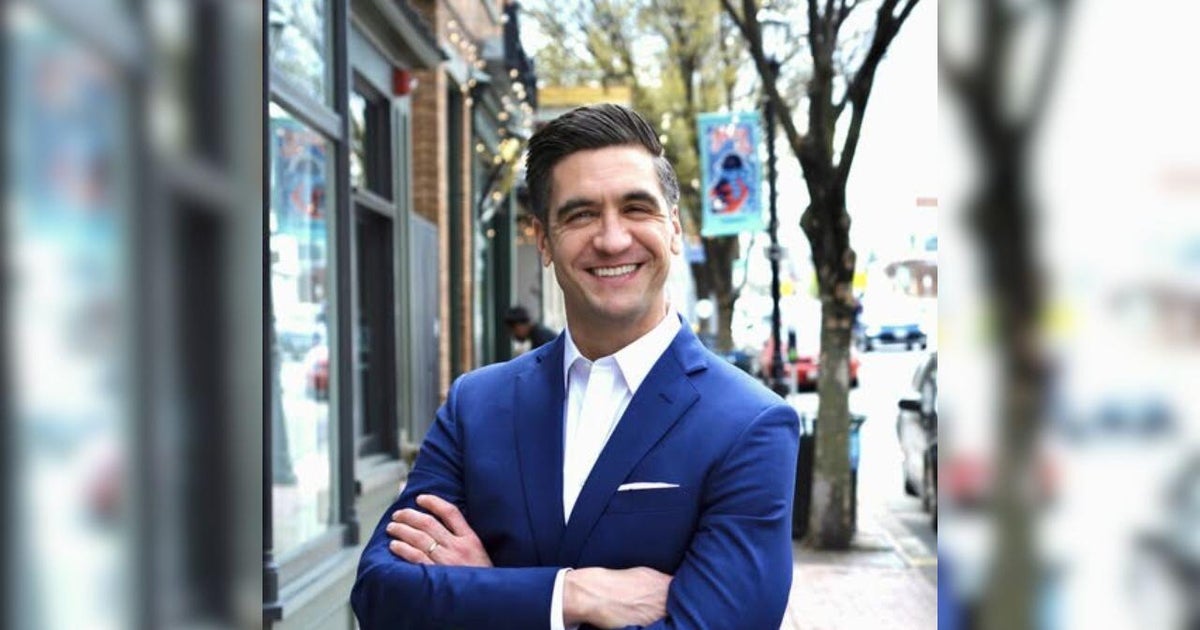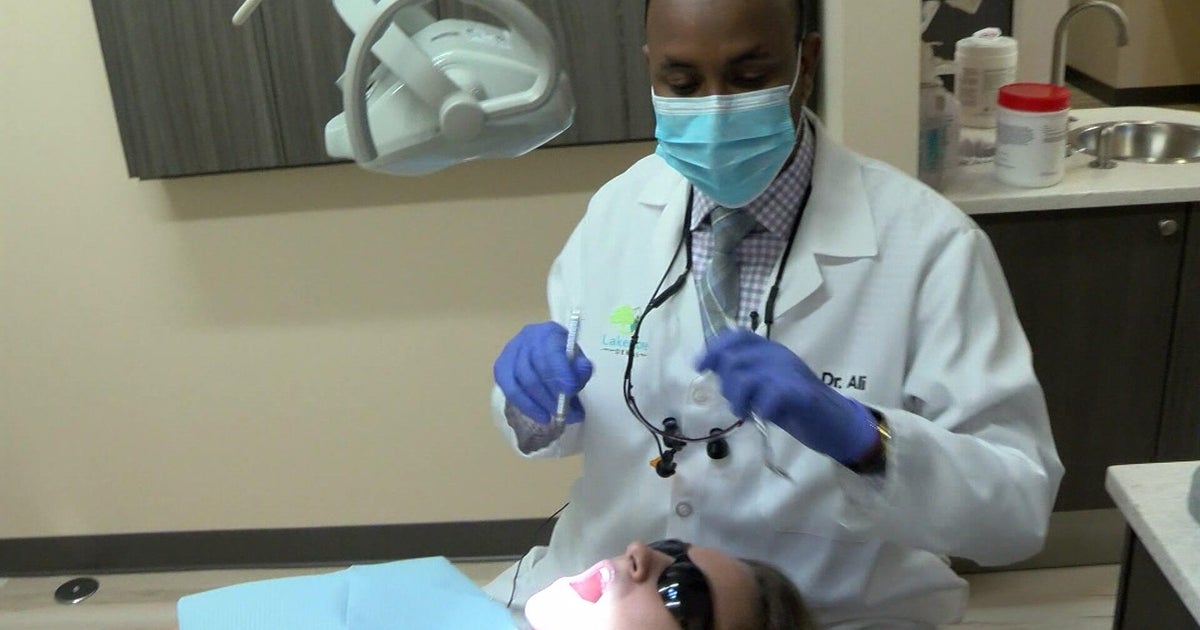A work gap on your resume is no longer a career killer
A gaping hole in employment on your resume, once a turn-off to potential employers, is no longer the red flag it used to be.
With so many Americans having stepped back from their careers during the COVID-19 pandemic, companies are increasingly asking workers why they took time off and even designing programs to help qualified candidates re-enter the workforce after a hiatus.
Millions of Americans — and parents in particular — left the workforce during the pandemic over health and safety concerns, because their childcare needs weren't being met or they were laid off.
But a career interruption is no longer an immediate cause for rejection. Many companies understand or are curious about why workers either decided — or were forced — to press pause on their careers. The "pandemic resume gap" has become increasingly common, according to a recent article, reporter Amanda Burton told CBS News Streaming.
"They are way more common now. A career gap used to be more of a red flag on a resume, and now we're all kind of more comfortable with what it is," she said.
Recruiters have a "newfound understanding" of resume gaps, in part because virtually everyone was touched by the pandemic.
"People had to do what they had to do, and recruiters really have more of a curiosity, rather than skepticism, when it comes to thinking about a career gap," Burton said.
Three-quarters of hiring managers said they would extend a job offer to a candidate who had taken a career gap, according to a LinkedIn study.
Rise of the "returnship"
Major employers, including investment bank Goldman Sachs and Facebook parent company Meta, are actively recruiting these types of job candidates to invite them back into the labor market via "returnship" programs.
"They're really looking to bring people back on and arm them with the skills that they need to be successful," Burton said. "They're treating them like the professionals that they are and the adults that they really are instead of assuming there is going to be some huge learning gap."
She expects this shift in mindset among employers to continue beyond the pandemic.
"It makes sense if their skills are there — it's really hard to argue that they can't get the job done," Burton said.



